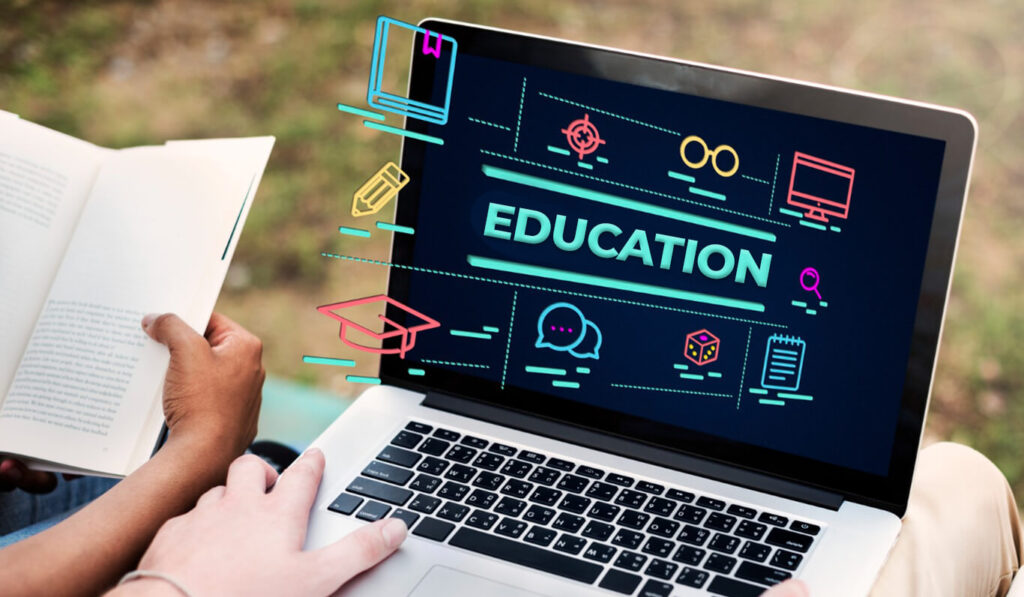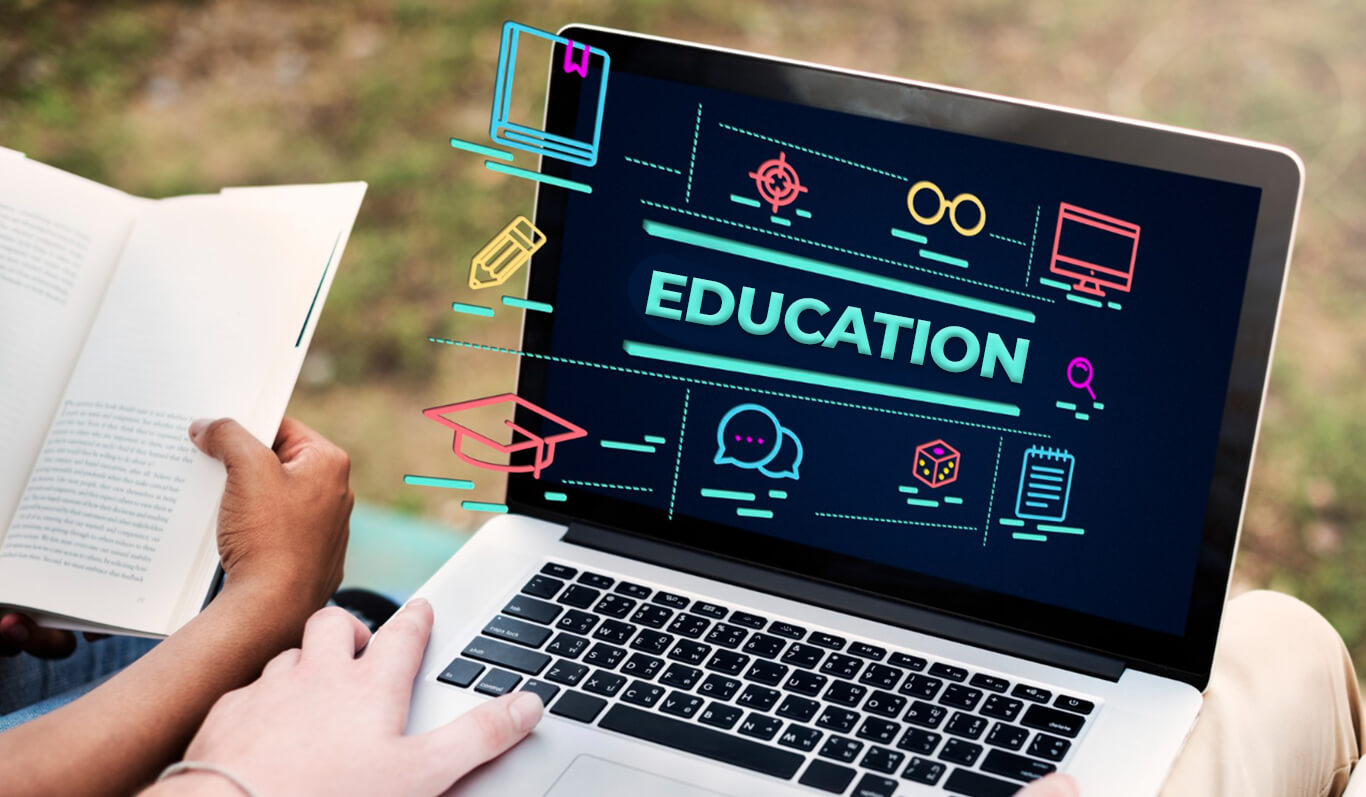The Future of Education – has always been a cornerstone of human progress, adapting to societal changes and technological advancements. As we stand on the brink of a new era, the future of education is poised to undergo a profound transformation.

Technological Integration in Education
Virtual Reality in Education
One of the most exciting developments in education is the integration of virtual reality (VR) technology. VR provides immersive learning experiences, allowing students to explore historical events, dissect complex scientific concepts, or even simulate real-world scenarios.
Artificial Intelligence in Learning
Artificial intelligence (AI) is revolutionizing the way we learn. AI-powered algorithms can analyze vast amounts of data to personalize learning experiences, identify areas of improvement, and provide real-time feedback to students.
Personalized Learning Approaches
Adaptive Learning Platforms
Adaptive learning platforms leverage AI to tailor educational content to each student’s individual needs and learning pace. By adapting to the student’s strengths and weaknesses, these platforms optimize learning outcomes.
Gamification in Education
Gamification incorporates game elements into educational activities to enhance engagement and motivation. By introducing challenges, rewards, and progress tracking, gamified learning transforms the educational experience into an interactive and enjoyable journey.
Blended Learning Models
The Rise of Hybrid Learning
Blended learning combines traditional classroom instruction with online resources and digital tools. This flexible approach accommodates diverse learning styles and preferences while fostering independent learning skills.
Flipped Classroom Methodology
The flipped classroom flips the traditional model of instruction by introducing new concepts through online videos or readings before engaging in hands-on activities or discussions in class. This promotes active learning and collaborative problem-solving.
Global Accessibility and Inclusivity
Online Learning Platforms
Online learning platforms offer anytime, anywhere access to educational resources, eliminating geographical barriers and expanding opportunities for lifelong learning.
Overcoming Socioeconomic Barriers
Efforts are underway to bridge the digital divide and ensure equitable access to technology and internet connectivity, particularly in underserved communities.
Skills for the Future
Emphasis on Critical Thinking and Creativity
In an increasingly complex and interconnected world, critical thinking and creativity are indispensable skills. Education must cultivate students’ ability to analyze information critically, think creatively, and adapt to change.
Importance of Emotional Intelligence
In addition to academic knowledge, nurturing emotional intelligence is essential for personal and professional success. Education should focus on developing empathy, resilience, and interpersonal skills to thrive in diverse environments.
Collaboration and Networking
Virtual Collaboration Tools
Virtual collaboration tools facilitate seamless communication and collaboration among students, educators, and experts worldwide. From virtual classrooms to online forums, these platforms foster collaboration and knowledge sharing.
Building Digital Communities
Digital communities provide a supportive network for learners to connect, collaborate, and exchange ideas beyond the confines of traditional classrooms. By fostering a sense of belonging and shared purpose, digital communities enrich the learning experience.
Challenges and Solutions
Addressing Technological Disparities
Efforts are needed to ensure equitable access to technology and digital resources for all students, regardless of socioeconomic background. Public-private partnerships and community initiatives can help bridge the technological divide.
Ensuring Data Privacy and Security
As education becomes increasingly digitized, protecting student data privacy and cybersecurity is paramount. Robust policies, encryption protocols, and cybersecurity measures must be implemented to safeguard sensitive information.
Conclusion: Embracing the Future of Education
The future of education is characterized by innovation, inclusivity, and adaptability. By embracing technological advancements, personalized learning approaches, and global collaboration, we can empower learners to thrive in the 21st century and beyond.
FAQs
- What role does technology play in the future of education?Technology plays a pivotal role in enhancing learning experiences, personalizing instruction, and expanding access to education for learners worldwide.
- How can educators integrate virtual reality into their teaching practices?Educators can incorporate virtual reality technology into lessons by using VR simulations, virtual field trips, and interactive educational games to engage students and deepen their understanding of complex concepts.
- What are the benefits of personalized learning approaches?Personalized learning approaches cater to individual student needs, preferences, and learning styles, leading to improved academic performance, increased motivation, and enhanced self-directed learning skills.
- How can communities address socioeconomic barriers to education?Communities can address socioeconomic barriers to education by providing access to technology, internet connectivity, educational resources, and support services, and fostering partnerships between schools, government agencies, businesses, and nonprofit organizations.
- What skills are essential for success in the future job market?Critical thinking, creativity, emotional intelligence, communication, collaboration, adaptability, and digital literacy are essential skills for success in the future job market, where the ability to navigate complexity, solve problems, and work effectively with others is highly valued.

